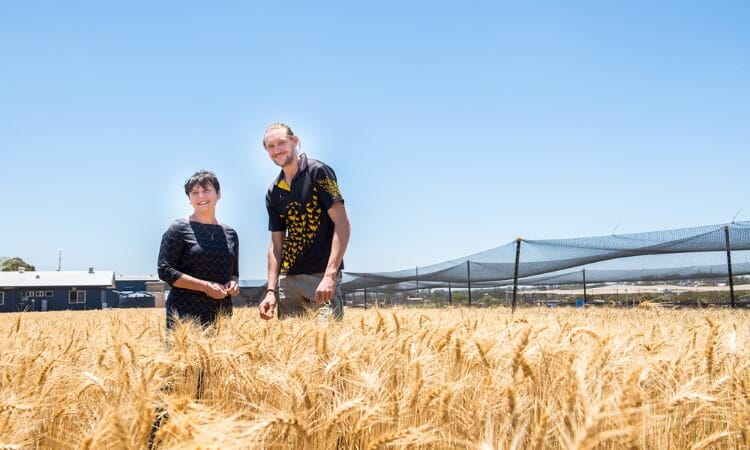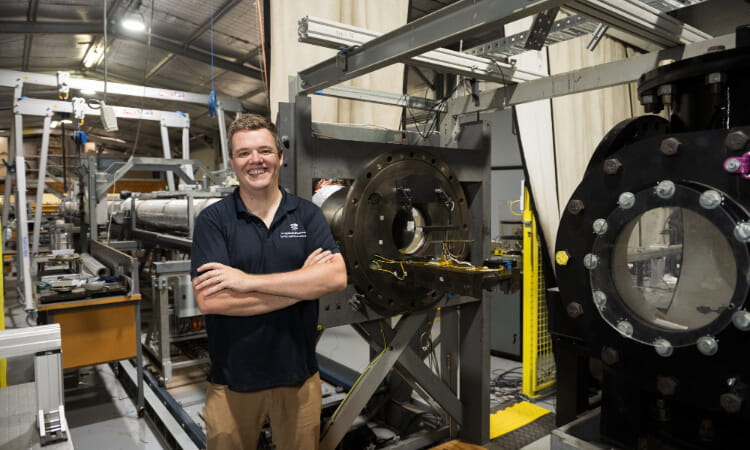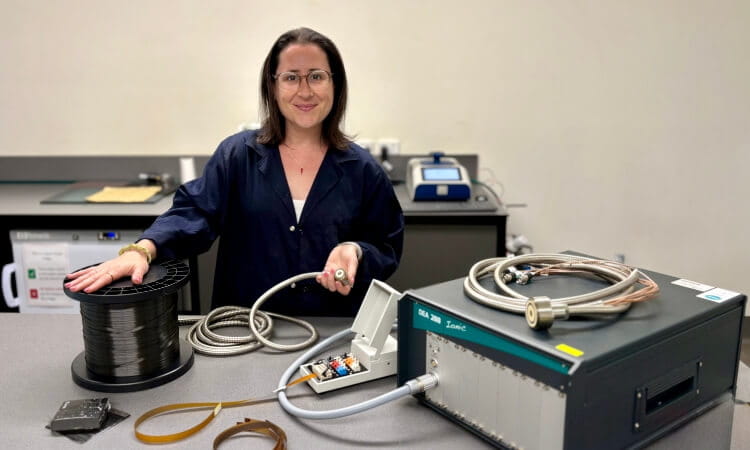A collaborative project led by the University of Southern Queensland (UniSQ) is aiming to accelerate Australia’s transition to net-zero by transforming dairy waste and duckweed into scalable, sustainable biofuels.
Backed by nearly $200,000 through the Australian Government’s Australia’s Economic Accelerator (AEA) Ignite program, the project will develop scalable technology to convert nutrients from dairy manure into high-volume biomass using duckweed – one of the world’s fastest-growing plants – as a renewable fuel feedstock.
The project is being led by Dr Peter Harris and Professor Bernadette McCabe from UniSQ’s Centre for Agricultural Engineering, in partnership with Professor Jenny Mortimer from the University of Adelaide and industry partner Mr David Halliday from Active Research.
“This research tackles a critical roadblock in Australia’s push toward net-zero emissions by addressing the challenge of producing sustainable biofuel feedstocks at scale and at low cost,” Dr Harris said.
“By using waste from dairy farms to grow duckweed in specialised growth chambers, we aim to produce over 100 tonnes of biomass per hectare per year. This far outweighs traditional crops and without competing with food supply.”
The project will combine UniSQ’s expertise in agriculture and natural resource management with plant science knowledge from the University of Adelaide and precision manufacturing by Active Research.
The team’s goal is to reach Technology Readiness Level (TRL) 4 by the end of the project, validating biofuel yield modelling in preparation for future lab testing.
Professor McCabe said the project aligned with UniSQ’s research priorities in agriculture, environment and regional development.
“This is an excellent example of circular economy principles in action, transforming agricultural waste into high-value energy solutions,” she said.
“Not only does it support sustainable agriculture and cleaner energy production, but it also opens new economic opportunities for regional industries, particularly dairy farmers.”
Beyond emission reductions in hard-to-abate sectors such as aviation and heavy freight, the team hopes the project's success will deliver flow-on benefits to regional Australia, including on-farm renewable energy, improved wastewater treatment, and a pathway to commercial-scale biofuel production.
Dr Harris, who has spent over a decade researching bioenergy and bioresource recycling, said timing was critical.
“We’re just five years out from our 2030 emissions targets to achieve net-zero greenhouse gas emissions as per Australian Government direction and the need for alternative fuels is more urgent than ever,” he said.
“If we want to avoid significant cost increases for industries and consumers — particularly in sectors like aviation — we need scalable solutions now.”
Learn more about the Centre for Agricultural Engineering's research.
This project is supported by the Australian Government Department of Education through the Australia’s Economic Accelerator (AEA) Launch Program.



